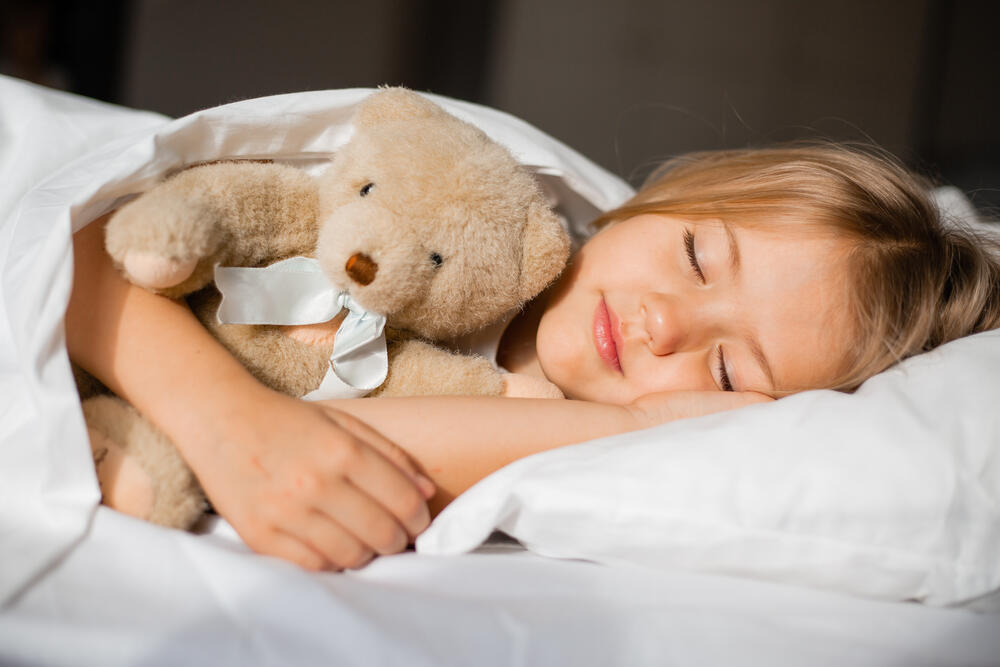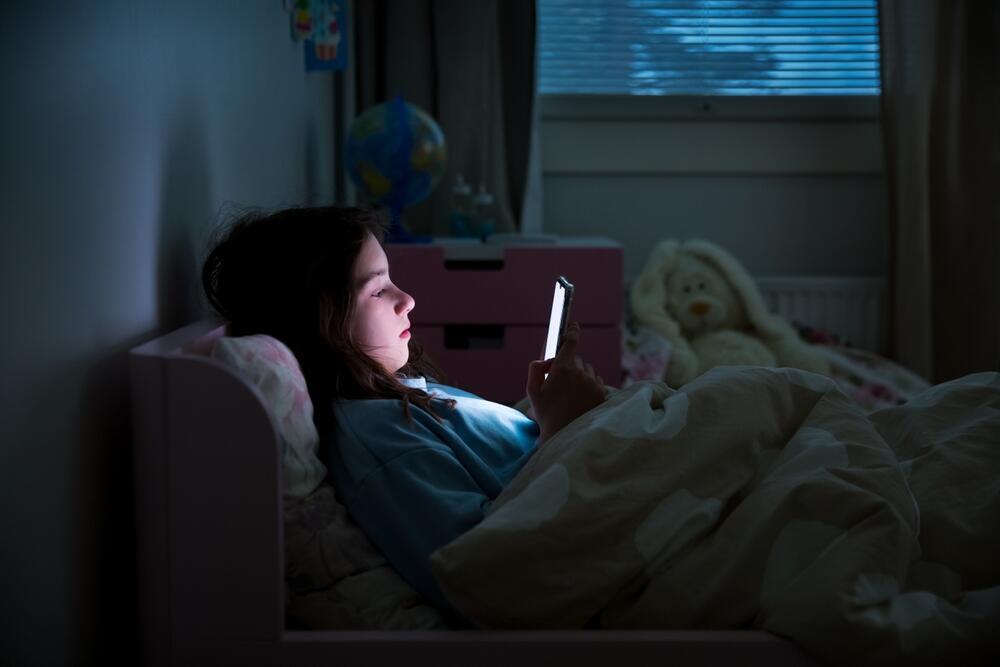The big summer vacation has just kicked off, and already the kids' sleep schedules are starting to go haywire. With no morning commitments, many kids are staying up late, and some are even flipping their days and nights. So, what are the health implications for kids whose sleep patterns get all mixed up during summer break?
A new study sheds some (disconcerting) light on this issue. Published in the professional journal PEDIATRICS, the study tracked 500 kids and teens diagnosed with hypertension and found a link between insufficient sleep and high blood pressure at a young age.
Dr. Eran Nevo: "Processes that occur only during sleep play a crucial role in the normal development of the brain and body. While a day, two, or a week of sleep difficulties may not leave a mark on a child, prolonged sleep deprivation is a different story."
Numerous studies point to both short-term and long-term damages from a lack of sleep. Short-term effects include mood swings, overeating or insufficient eating, and learning and concentration problems. As for long-term damages, these can range from impaired immune system function to increased susceptibility to various illnesses, and growth and development issues.
Parents of kids and teenagers have surely learned firsthand how crucial adequate sleep is for the physical and mental health of their children and themselves. Almost every day, I meet in my clinic parents concerned about their children's insufficient or irregular sleep. Personally, I like to reassure parents (believe me, your kids are more resilient than you think), but unfortunately, in this case, many of their fears are justified. Processes that occur only during sleep play a crucial role in the normal development of the brain and body, and while a day, two, or a week of sleep difficulties may not leave a mark on a child, prolonged sleep deprivation is a different story.
So, how much sleep is actually needed? Like any other question, the answer is – it depends. There are physiological differences between us, and not everyone needs the same amount of sleep. However, these are the recommended sleep hours:
How to Keep Up with Enough Sleep During Summer Vacation?
- Create a Sleep Ritual: Try to maintain a relatively consistent bedtime. The ritual of going to sleep accustoms kids to a certain daily schedule, saves unnecessary arguments on this topic, and helps create better sleep habits.
- Maintain a Routine Leading Up to Bedtime: Consistently going to bed at the same time affects the entire daily schedule: try to keep a fairly regular routine for waking times and activities, meal times, screen time, etc.
- Deviation? Don’t Make It a Habit: It’s okay to deviate from the regular bedtime according to family needs and various events (such as vacations and trips), but it’s important to do this in a controlled manner and ensure that a specific need doesn’t become a regular habit.
- Maintain a “Sleep Ritual” Especially with Young Kids: A meal, a bath, quiet time with a parent (which can include a story, a calm game, a song), and then bedtime. It’s okay to deviate from the ritual on days when bedtime is specifically delayed.
- Screen Time? Not Before Sleep: Most parents extend their kids’ screen time during summer vacations, and that’s fine. However, it’s important to remember that screen exposure is stimulating and prevents sleep. Try to concentrate screen time during the day and turn off screens in the hours before bedtime. Falling asleep in front of the TV is a common habit, but not desirable – neither for the kid nor the parent.
- Turn on the Air Conditioner: It sounds obvious, but often kids can’t fall asleep simply because they’re too hot. Just as it’s hard for you to sleep when it’s hot, it’s the same for them. Make sure the kids’ room isn’t too hot or humid for sleep. Kids don’t do well in greenhouses.
- Cover Them with Appropriate Bedding: Even in the summer, ensure proper sleep attire. Kids tend to throw off blankets and covers, which is fine and sometimes even recommended to turn on the air conditioner, but dress the kids according to the temperature.
- Provide an Active and Dynamic Day for Kids: On regular days, kids go through intense and tiring days in kindergartens and schools that include a lot of social activity and can also include physical effort. Naturally, their activity is less intense and tiring during the summer vacation. Spending the whole day at home in the air conditioning can be very convenient for the parent, but don’t be surprised if the kid doesn’t start yawning at the usual time. If the kid is more energetic than usual, find activities that include social interaction and appropriate physical effort, like the beach, pool, or a play area.
- Avoid Sugary Drinks Before Bed: It’s advisable to reduce or completely avoid sweetened drinks for kids close to bedtime – this recommendation is good for life and most certainly for sleep hygiene.
- Don’t Forget to Return to Routine: Gradually return to the daily and sleep routine about a week before returning to school frameworks.
- Dr. Eran Nevo is from the Einstein Institute of Mathematics, Hebrew University



